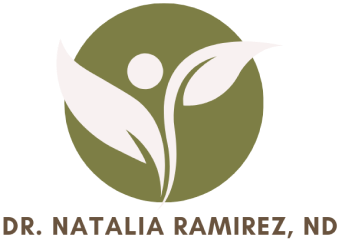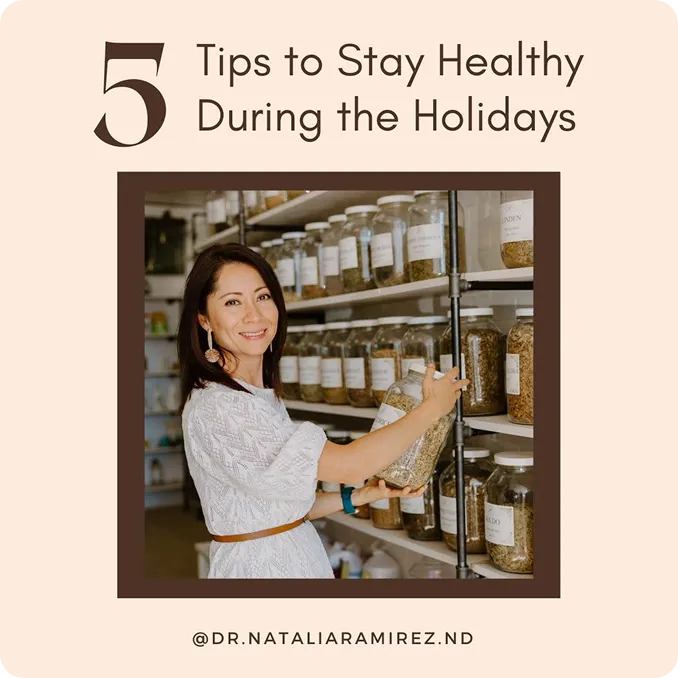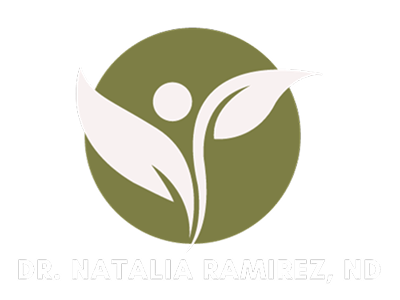For millennia, humankind has turned to nature to heal, restore, and rejuvenate. Long before the advent of modern medicine, our ancestors discovered the therapeutic properties of various plants, roots, and herbs. Today, as we increasingly seek organic and natural pathways to health, herbal remedies offer a potent bridge between age-old wisdom and contemporary wellness.
The Time-Tested Power of Herbs
The history of herbal medicine is as rich and varied as the cultures that have practiced it. Ancient Egyptian papyrus scripts outline the use of plants like garlic and juniper for medicinal purposes, while Ayurveda, an age-old Indian system, incorporates a variety of herbs such as turmeric and holy basil (tulsi) in its healing regimen.
Modern Relevance
In today’s fast-paced world, many of us are returning to these holistic treatments. And there’s a good reason for it! Scientific research is continually validating the benefits of numerous herbs. For instance:
- Chamomile is not just your bedtime tea; studies suggest it may aid in sleep, soothe digestive issues, is anti-inflammatory, antioxidant and a mild astringent used in a wide variety of conditions.
- Echinacea, a flower native of North America, mostly known for its immune boosting qualities, is also an antioxidant, anti-inflammatory, has anticancer properties and may help lower blood sugar levels among many other benefits.
- Lavender, used widely for its fragrance and color, it may also alleviate insomnia, anxiety, depression, help with skin conditions such as acne, eczema and wound healing.
- Holi basil, also known as tulsi, is a native plant of South East Asia. It is considered a tonic for the mind, body and spirit. Some of its many health benefits include: reducing stress and anxiety, antibacterial, antiviral and anti-inflammatory properties, it is also used as an analgesic.
Harnessing Herbal Benefits
To truly harness the benefits of herbal remedies, consider the following:
- Quality Matters: Always opt for high-quality, organic herbs. Pesticides and contaminants can negate the very benefits you’re seeking.
- Consultation is Key: Before diving into any herbal regimen, consult with a trained naturopathic doctor or herbalist. While herbs are natural, they’re potent and can interact with medications or existing conditions.
- Educate Yourself: Delve deeper into the history, cultural use, and scientific research surrounding the herbs you’re interested in. A well-informed decision is a powerful one.
In Conclusion
The beauty of herbal remedies lies in their holistic approach – they aim not just to treat a symptom, but to address the root cause, providing the body with what it needs to heal itself. As we reconnect with the earth and its myriad wonders, let’s remember that nature has always been our most trusted healer. By embracing the wisdom passed down through generations and validated by modern science, we open ourselves to genuine health and well-being.










